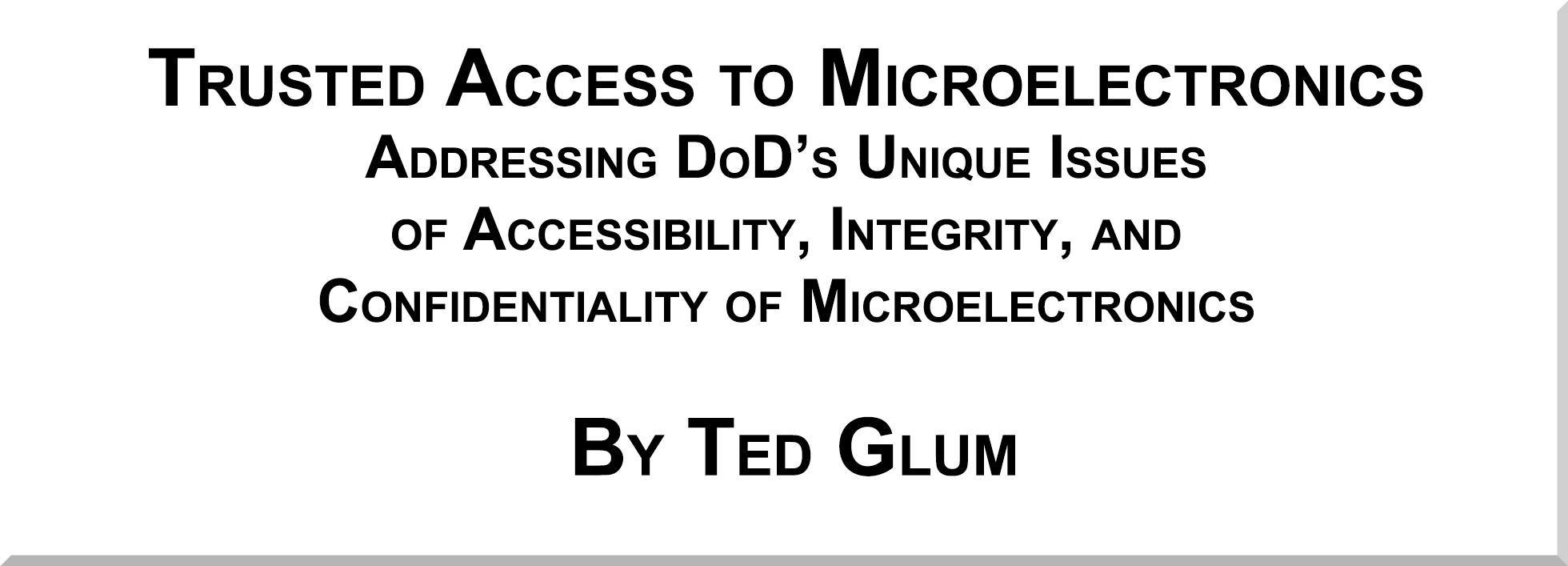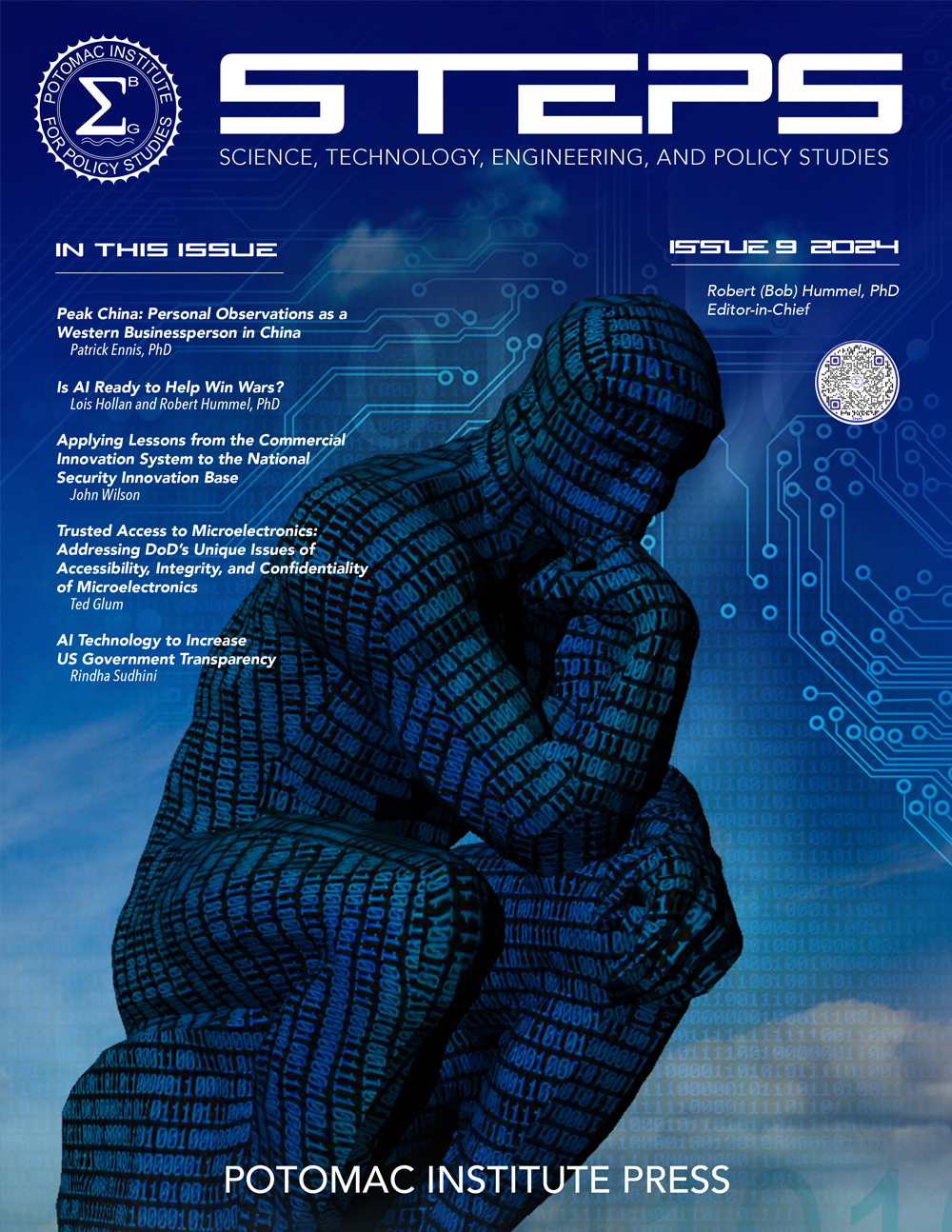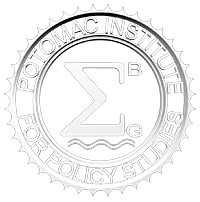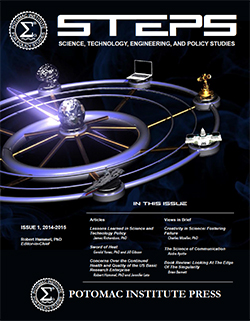No country is cyber ready. It is a given that global economic growth is increasingly dependent upon the rapid adoption of information communication technology (ICT) and connecting society to the Internet. Indeed, each country’s digital agenda promises to stimulate economic growth, increase efficiency, improve service delivery and capacity, drive innovation and productivity gains, and promote good governance. Yet, the availability, integrity, and resilience of this core infrastructure are in harm’s way. The volume, scope, velocity, and sophistication of threats to our networked systems and infrastructures are real and growing. Data breaches, criminal activity, service disruptions, and property destruction are becoming commonplace and threaten the Internet economy. Until now, however, there has not been a comprehensive, comparative, experiential methodology to evaluate a country’s maturity and commitment to securing its national cyber infrastructure and services upon which its digital future and growth depend. The Cyber Readiness Index (CRI) 2.0 provides a blueprint to objectively assess a country’s cyber capacity and maturity. The CRI 2.0 was released by Melissa Hathaway and her team at the Potomac Institute for Policy Studies in November 2015. The methodology builds off of the CRI 1.0 methodology developed by Hathaway in 2013. The CRI 2.0 evaluates 125 countries’ “cyber readiness” across seven essential elements: National Strategy, Incident Response, E-Crime and Law Enforcement, Information Sharing, Research and Development, Diplomacy and Trade, and finally Defense and Crisis Response. Hathaway brings over 20 years of cyber security national and international expertise to the CRI 2.0 team. Hathaway notes that “the CRI 1.0 was launched over two years ago and has influenced many countries around the world. We hope the CRI 2.0 has even broader impact.” See: https://www.potomacinstitute.org/images/CRIndex2.0.pdf

-
Peak China: Personal Observations as a Western Businessperson in China
Patrick Ennis, PhD Senior Partner, Madrona Venture Group and Senior Fellow, Potomac Institute for Policy Studies Many facts, figures, and concurring opinions support the impressions conveyed in this article. Deliberately, data has been omitted to emphasize that these anecdotes and thoughts are not always quantifiable. This can lead to conclusions that might differ from common wisdom. Nonetheless, recent literature contains much data and concurring opinions that corroborate the views of this article. Further reading can…
-
Is AI Ready to Help Win Wars?
Lois Hollan, Senior Fellow, Potomac Institute for Policy Studies Robert Hummel, Chief Scientist, Potomac Institute for Policy Studies Introduction Artificial intelligence (AI) is expected to transform the way wars are fought and revolutionize the enterprise of national security. However, it is still unclear how this technology can be successfully leveraged for national security purposes. The problem stems from the ambiguity of the term “intelligence.” Intelligence is generally taken to mean: “the ability to learn or…
-
Applying Lessons from the Commercial Innovation System to the National Security Innovation Base
John Wilson Senior Fellow, Potomac Institute for Policy Studies Introduction Over the past few decades, an ecosystem of companies and structures has emerged that encourages and supports innovations and their transition into viable products. Venture capital (VC) markets and VC firms are prime examples of such support structures. These and other structures first developed in the commercial marketplace, which we might call the “commercial innovation system.” Similar structures are increasingly being adopted, sometimes in…
-
Trusted Access to Microelectronics
Addressing DoD’s Unique Issues of Accessibility, Integrity, and Confidentiality of Microelectronics Ted Glum, Member of the Board of Directors, Potomac Institute for Policy Studies With all the current emphasis on the supply chain issues for microelectronics, as well as the CHIPS Act’s attempt to re-shore production, it is worth considering the unique needs of the US Department of Defense (DoD). The DoD needs access to both commercial-off-the-shelf (COTS) microelectronics and trustworthy devices for…
-
AI Technology to Increase US Government Transparency
Rindha Sudhini Student Intern at the Potomac Institute for Policy Studies from Sept 2023 to Jan 2024 Introduction Historically, the federal government has been committed to promoting transparency through information access laws. One such law is the Freedom of Information Act (FOIA), which allows citizens to request access to records from any federal agency. Even though these requests are meant to be a primary means of providing information to the public, the general citizenry is…
















